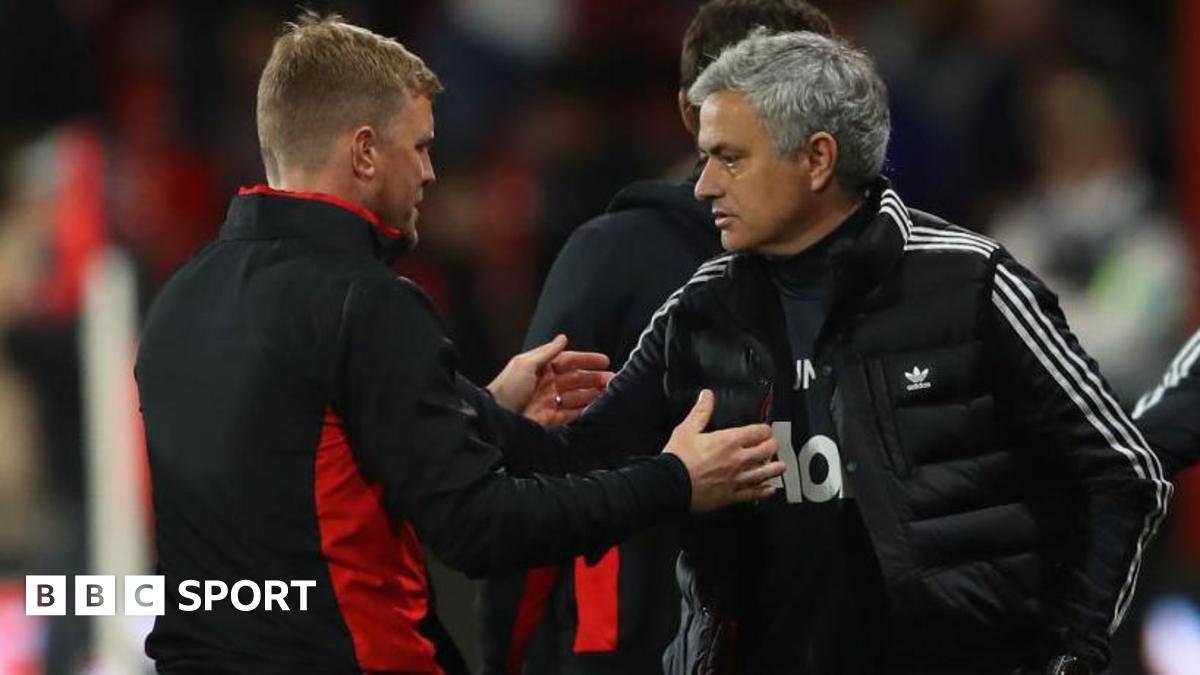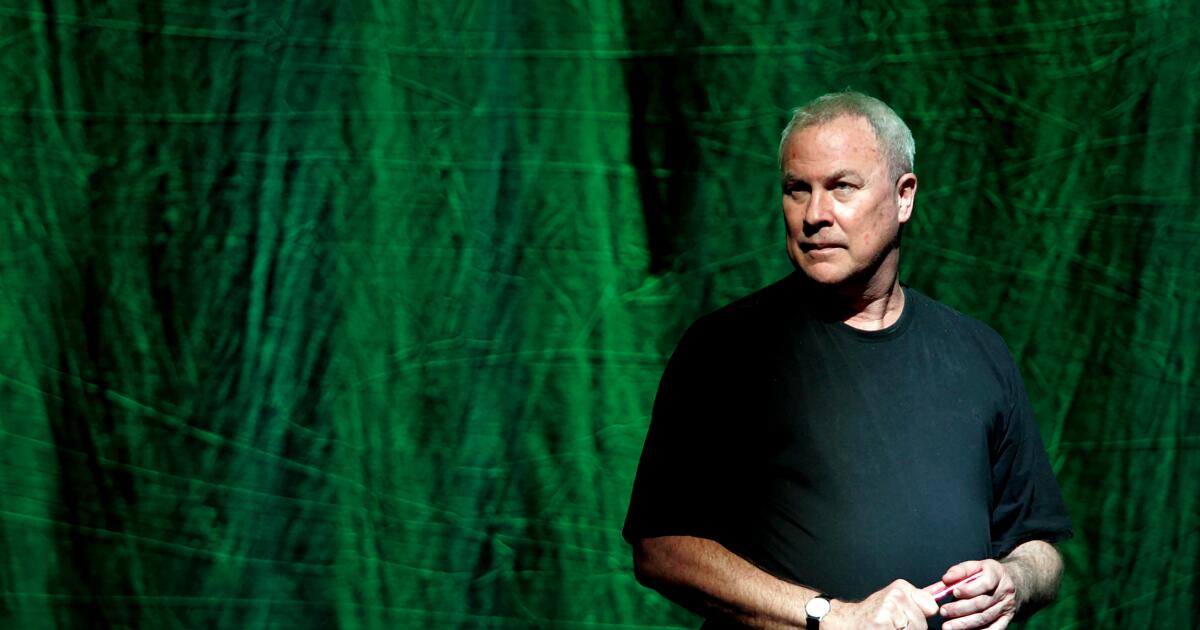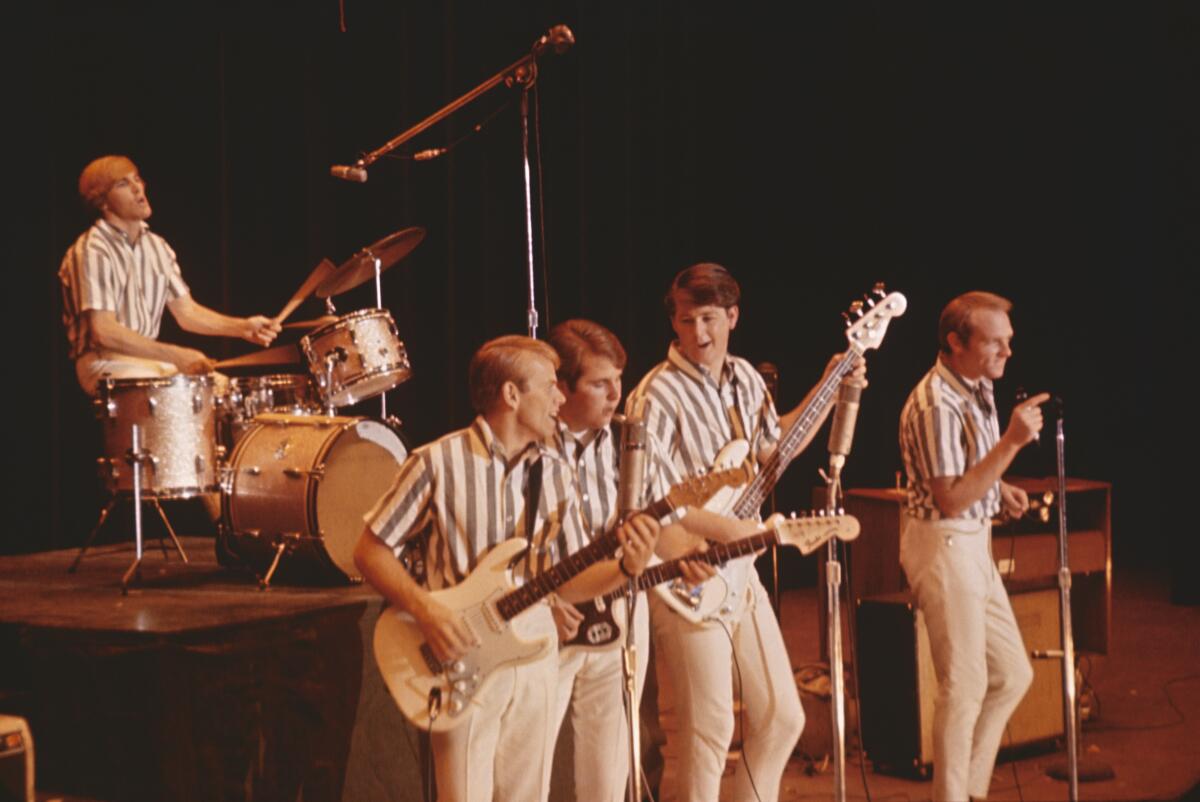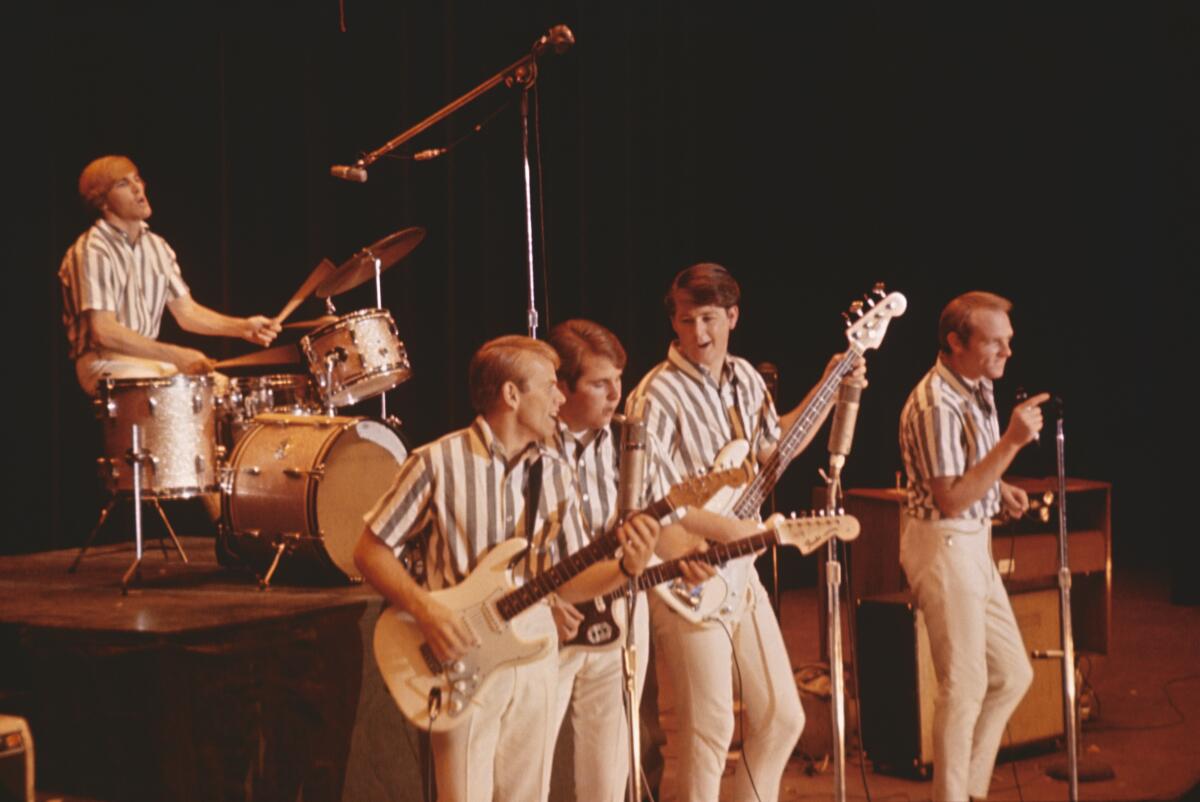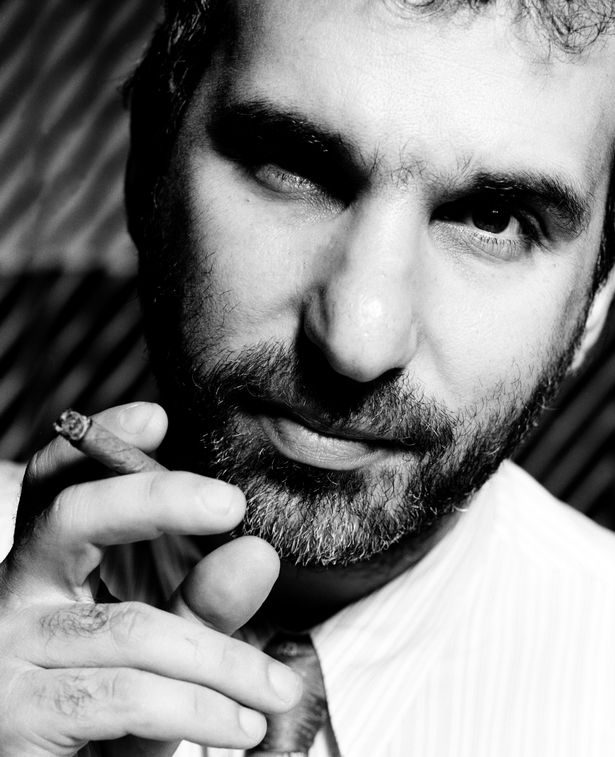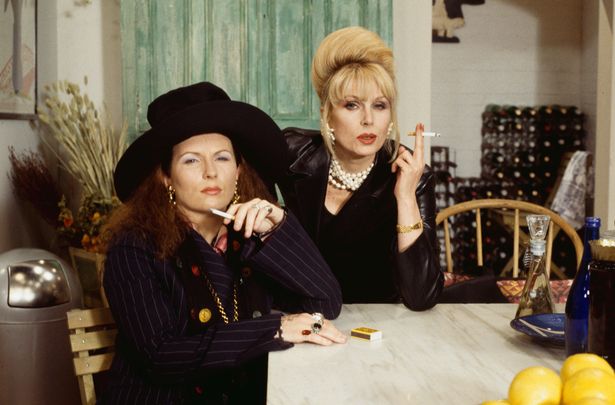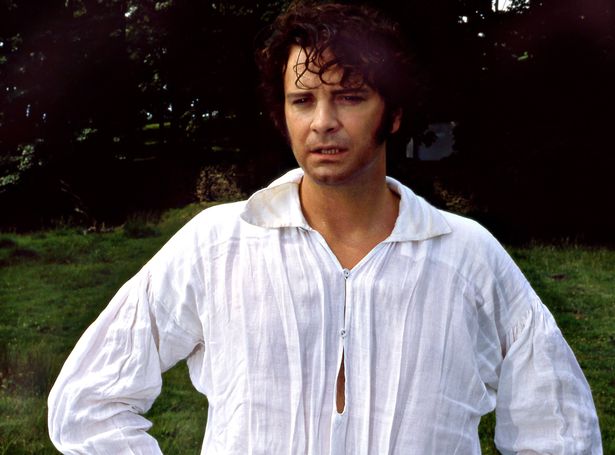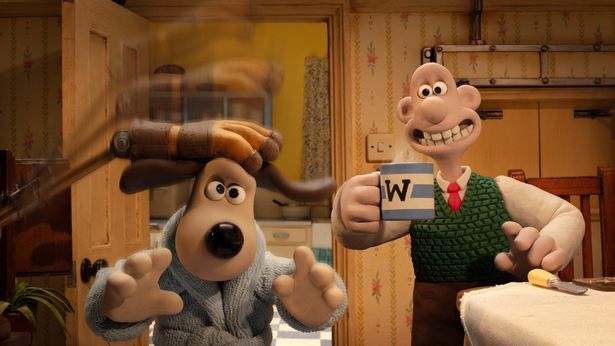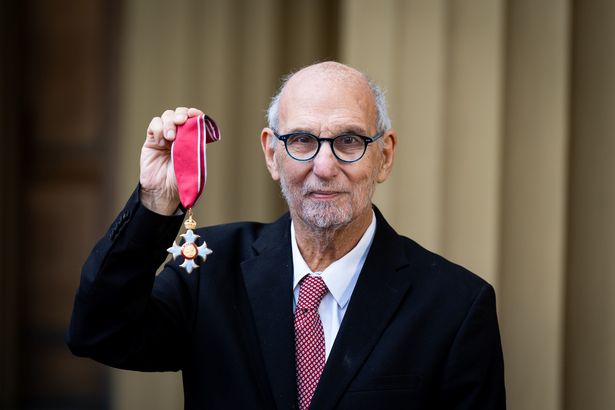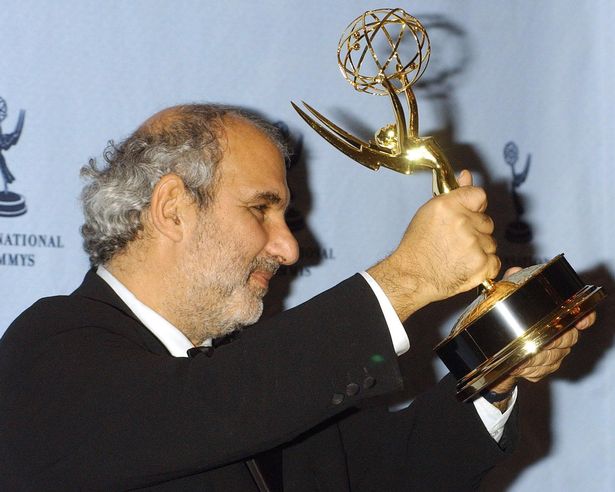Following the death of legendary BBC executive Alan Yentob, the Mirror’s Jessica Boulton looks back on the life and career of a daring outsider remembered as a ‘cultural visionary’
It was 1968 when a 21-year-old Alan Yentob first joined the BBC – the only non-Oxbridge graduate on the trainee scheme that year.
His application had been borderline cocksure, tinged with sarcasm.
Asked about his experience, he had famously replied: “My dramatic debut at the age of nine in The Merry Wives of Windsor was greeted with a gratifying critique: ‘You ought to be a film star, cos you’ve got smashing legs’.”
It was a daring and leftfield response for the then-notoriously-straight-laced Auntie. But it was one that worked.
East Londoner Alan, a Leeds graduate and son of Iraqi Jewish immigrants, turned his back on the family textile business, broke through the cliques of his Oxbridge colleagues and began his mission: to shake up the BBC.
READ MORE: Alan Yentob dead: BBC presenter and executive dies after 40 year career at broadcaster
It was one he would continue for six decades, as he became the man responsible for introducing some of television’s most iconic and groundbreaking shows—from Absolutely Fabulous, Have I Got News For You, Ballykissangel, and the documentary series Imagine to Colin Firth’s Pride and Prejudice and Wallace and Gromit.
He launched the dedicated CBBC and CBeebies channels and (rightly or wrongly) championed a then-unknown Jeremy Clarkson for a little show called…Top Gear.
Now, after his death on Saturday at the age of 78, one word is dominating the tributes: “Visionary.”
His actress wife, Phillipa Walker, mother of his children, Jacob and Isabella, said: “Every day with Alan held the promise of something unexpected. Our life was exciting, he was exciting.
“He was curious, funny, annoying, late and creative in every cell of his body. But more than that, he was the kindest of men and a profoundly moral man. He leaves in his wake a trail of love a mile wide.”
BBC director-general Tim Davie said: “Alan Yentob was a towering figure in British broadcasting and the arts. A creative force and a cultural visionary, he shaped decades of programming at the BBC and beyond. He had a rare gift for identifying talent and lifting others up.”
Among those he elevated was the duo French and Saunders, as Dawn French recognised last night. “We’ve lost a top chap. He was our advocate from the start,” she said on social media.
David Baddiel, who starred in Alan’s series The Art Of Stand-Up, posted a picture of them together. “Here he is backstage after one of my shows, being incredibly supportive, as he always was,” said David. “A lovely man, and a king of TV.”
The Pet Shop Boys’ Neil Tennant and Chris Lowe were the subject of one of Alan’s Imagine documentaries, which aired last year.
“Alan was a legend in British TV, responsible for some of the BBC’s finest programmes,” the duo said in a joint statement. “He was a stimulating person to spend time with.”
He certainly had some stories to tell.
Alan and his twin brother Robert were born in Stepney, east London, in 1947. His parents were Jewish immigrants from Iraq, who had built up a profitable textile company in the UK. The family spent a few years in Manchester before settling in a flat in London’s prestigious Park Lane. His parents gave the boys the best start possible, sending them to private school.
Alan would go on to graduate from Leeds University with a 2:2 in law but armed with a new passion – for drama. So while his brother went into the family business, Alan joined the BBC and worked his way from the ground up.
It was in 1975 that his talent for interviews and documentaries really emerged. In his now legendary Omnibus episode, Cracked Actor, Alan chronicled the vulnerability of the cocaine-addicted David Bowie in a way that had never been seen.
“He was fragile and exhausted, but also prepared to open up and talk in a way he had never really done before,” Alan once recalled. “Our encounters tended to take place in hotel rooms in the early hours of the morning.”
His work was recognised on both sides of the pond, with US music magazine Rolling Stone calling it the “greatest rockumentary ever”.
After that, Alan’s eye soon caught management’s attention: He became the youngest ever controller of BBC 2 in 1988, followed by BBC One controller in 1993 and then, via other roles, BBC Creative Director in 2004.
His path allowed him a chance to champion many of the standout shows of the past 35 years, including Middlemarch, the 2005 revival of Doctor Who, and Ballykissangel. Perhaps most welcome of all, he was also the man who decided to axe the much-hated soap Eldorado.
Alan was not just in management. He also continued in front of the camera, mainly in his mission to make the arts accessible for all, with his documentaries for Arena and Imagine and The Late Show, a chat show devoted to art and literature. His interviewees included everyone from Billy Connolly and Mel Brooks to Maya Angelou.
Such was his appeal that sometimes it wasn’t clear who should be most grateful for the interview – Alan or his subjects.
Richard Osman once shared this telling anecdote: “Alan Yentob once walked into a TV green room I was in, looked around, then said ‘if you see Jay-Z, tell him Alan was looking for him’.”
It sums up Alan’s status to a tee.
But Alan’s was not a life without scandal. In 2007, Imagine was accused of inserting clips of him nodding into interviews where he hadn’t been present. An investigation later ruled that none of these made it to air.
Alan also faced pressure after buying a £3,381 London to New York business class while filming.
But his biggest controversy, by far, involved the 2015 collapse of Kids Company, the charity of which he was chairman. He was questioned over a £3m government loan that had been issued shortly before it folded and criticised for not properly overseeing its finances.
Alan was then accused of trying to influence the BBC’s coverage of the scandal, claims he strongly denied. But he eventually resigned from his post as Creative Director six months later, only, he said, because the story was becoming “a serious distraction” from the BBC’s other work.
By last year, it was a distant memory as Alan was appointed a CBE in the 2024 New Year Honours List for services to arts and media, before conducting what would be one of his last major interviews – the exclusive with his old friend and Godfather to his children, Sir Salman Rushdie, about his 2022 assasination attempt.
The pair had once arm-wrestled in the BBC satirical comedy W1A.
Rushdie had yet to find the words for what will surely be a very difficult tribute last night.
Yet BBC Radio 4 presenter Amol Rajan gave an unusually candid insight that Alan himself would no doubt have approved of.
Amol said: “He had his foibles and failures, but Alan Yentob was one of the most generous, influential, singular, passionate, supportive, creative and loved men of his generation.
“His shows were always brilliant, often masterpieces, sometimes seminal. That was public Alan. In private, he was magnetic, zealous, and very funny, with a mesmerising voice and mischievous chuckle. He oozed fortitude until the very last.”
Perhaps – at a time when terrestrial TV faces a fight for its survival – there’s one last legacy which Alan leaves the corporation – the drive to keep shaking things up.
Tim Davie added: “To work with Alan was to be inspired and encouraged to think bigger.”
It’s true: the trainee who began with little to boast of but his “smashing legs” could never be accused of thinking small.
Follow Mirror Celebs on Snapchat , Instagram , Twitter , Facebook , YouTube and Threads .
READ MORE: ‘I’m a fragrance expert and these are the 8 men’s perfumes I’d buy for Father’s Day’
